Kashif Shah
- 191 Posts
- 250 Comments

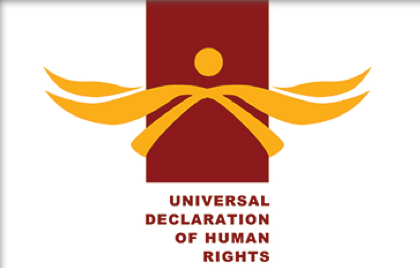 1·4 months ago
1·4 months agoLet me know once you’ve read the Einstein-Freud Correspondence and re-assessed your opinions to be non-machiavellian. Then I will be happy to continue to engage with you.

 2·4 months ago
2·4 months agoSummary provided by https://notegpt.io/pdf-summary
Summary The International Court of Justice has found that Israel’s policies and practices in the Occupied Palestinian Territory, including East Jerusalem, violate international law. The Court determined that Israel’s actions, such as its settlement policy, acts of annexation, and discriminatory legislation and measures, constitute a breach of international law, including the prohibition on the use of force and the non-acquisition of territory by force. Israel’s presence in the territory is deemed unlawful, and the Court has called for an end to settlement activities, evacuation of settlers, reparations for damages caused, and non-recognition of the illegal situation by states and international organizations.
Key Insights The International Court of Justice has determined that Israel’s presence in the Occupied Palestinian Territory, including East Jerusalem, violates international law. Israel’s settlement policy, acts of annexation, discriminatory legislation, and measures were found to be in breach of international law. The Court has called for an end to settlement activities, evacuation of settlers, reparations for damages, and non-recognition of the illegal situation. The General Assembly and Security Council of the United Nations are tasked with considering further action to end Israel’s presence in the territory. The Court emphasizes the importance of achieving a just and lasting peace in the region for the benefit of all parties involved. Frequently Asked Questions Question
What actions were deemed unlawful by the International Court of Justice in the Occupied Palestinian Territory? Answer The Court found Israel’s settlement policy, acts of annexation, discriminatory legislation, and measures to be in violation of international law.
Question
What measures did the Court call for to address Israel’s presence in the territory? Answer The Court called for an end to settlement activities, evacuation of settlers, reparations for damages caused, and non-recognition of the illegal situation.
Question
Which international organizations are obligated not to recognize the illegal situation in the Occupied Palestinian Territory? Answer All states and international organizations are obligated not to recognize the illegal situation in the territory.
Question
What role do the General Assembly and Security Council of the United Nations play in addressing Israel’s presence in the territory? Answer The General Assembly and Security Council are tasked with considering further action to end Israel’s presence in the Occupied Palestinian Territory.

 1·4 months ago
1·4 months agoAgreed. Let me see what I can do.
 1·4 months ago
1·4 months agoThey’re just categorically different, there isn’t an “inside” or an “outside” in the sense of spatial structure as that is something derived a posteriori as part of thought.
So… there are things that are either within the category of thought or not? Is thought mutually exclusive to material? Is thought composed of material or the other way around? Or are they both the same?
I’m not sure what it would even mean to say reality is “thought”.
That is the standard definition of idealism, is it not? That existence is immaterial?
 2·4 months ago
2·4 months agoBut what justification is there that what is thought of is actually in existence outside of thought? One can think of things that do not exist outside of thought.
What justification is there that reality isn’t thought by it’s very nature?
 1·4 months ago
1·4 months agoHow do you justify the premise that reality is objectively-existent?

 1·4 months ago
1·4 months agoIn your belief.

 1·4 months ago
1·4 months agoI encourage you to read the letters between Einstein and Freud which lay the theoretical groundwork for human rights.
[1931-1932] [resource] The Einstein-Freud Correspondence
edit: still short on time, but i will re-read your post and reply to the legitimate, non-political questions.
laws are tools. binding treaties create laws.

 2·5 months ago
2·5 months agoHuman rights aren’t a tool at all
This is where you are wrong. They are more than just a set of ideals. They are also a set of binding international treaties.
I am short on time right now, but if this is a perennial issue for you, then I will reply in more detail soon.
The status quo use the NGO industrial complex to cynically wield human rights rhetoric
No disagreement there, other than you should be careful not tot throw out the baby with the bathwater.

 2·5 months ago
2·5 months agoIn reality, Human Rights are our best tool in the fight against war. Human Rights do not make sense as a concept without understanding that. Equal rights for all means no more fighting for rights. The economic, social, and cultural rights outlined in the UNUDHR are quite obviously not the status quo.

 3·5 months ago
3·5 months ago. Instead we see “human rights” - based on what?
-==- Must Read -==-

 13·5 months ago
13·5 months agoLanguage like that plus the failure to treat the subject of discussion to dignity was almost enough for me to remove this comment, on it’s own. Thankfully, the community has spoken using the tools available to them to indicate that your behavior is unacceptable. Keep it up and you’ll be removed.

 1·5 months ago
1·5 months agoInteresting that this is being downvoted.
It would be great if someone could articulate the negative sentiment towards bitcoin.
As a former software developer, and someone who has briefly experimented with the blockchains, I can say that the technology is vastly over-hyped and completely misunderstood.
Can Human Rights be furthered by use of blockchains? It’s quite possible.
But what use is there focusing on the simplest of use cases: bitcoin?

 3·5 months ago
3·5 months agoIndeed, it is:
https://lemmy.sdf.org/post/18443730 <- universal healthcare and human rights
The right to the highest attainable standard of physical and mental health[10]—a right that practically all countries have committed to uphold
Except, the United States still hasn’t ratified.
https://lemmy.sdf.org/post/17662154 <- map of who hasn’t ratified
https://lemmy.sdf.org/post/17841177 <- easy-to-read ICESCR

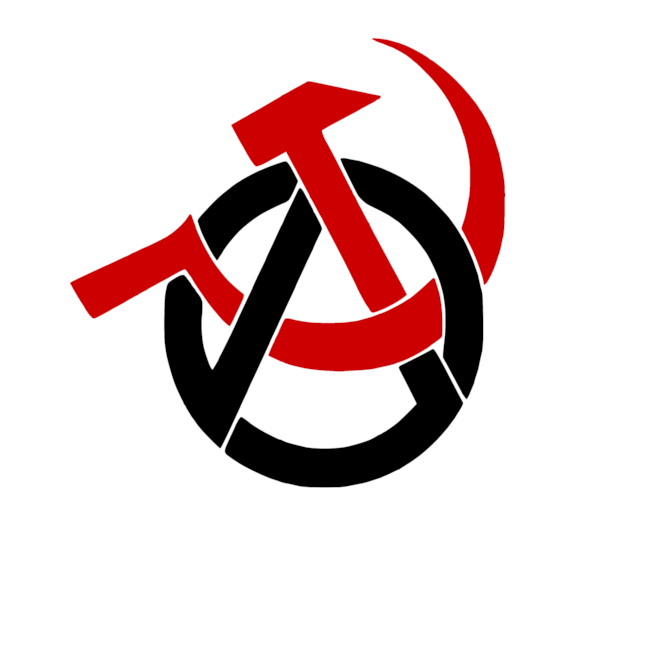 0·5 months ago
0·5 months agoThanks for taking the time to reply, db0! That is much appreciated.

 1·5 months ago
1·5 months agoComment removed for violating “0-tolerance for breaking all three rules at once”

 0·5 months ago
0·5 months agoThis is the human rights community, so I’d be interested to hear what people think about, say, a third-world farmer using slash-and-burn agriculture to meet their basic needs.
A simplification of the question, from a human rights perspective is 1) does a given activity cause injustice for the human rights of others? and 2) is the actor within their rights to perform said activity?
Based on the little that I’ve read about slash-and-burn agriculture, it appears to be a sustainable choice for growing populations, but it is not sustainable for large populations. Also, that is apparently a fairly well understand farming technique, historically speaking. So it might be safe to say, that in this third-world, subsistence situation, the answer to 1) might be no and 2) might be yes.
One of the Human Rights is the right to work, so yes, sometimes human rights-based approaches will align with profit motives as equally as it will with environmental motives. What a human rights-based approach does not allow for, however, is letting profit motives overpower environmental motives.





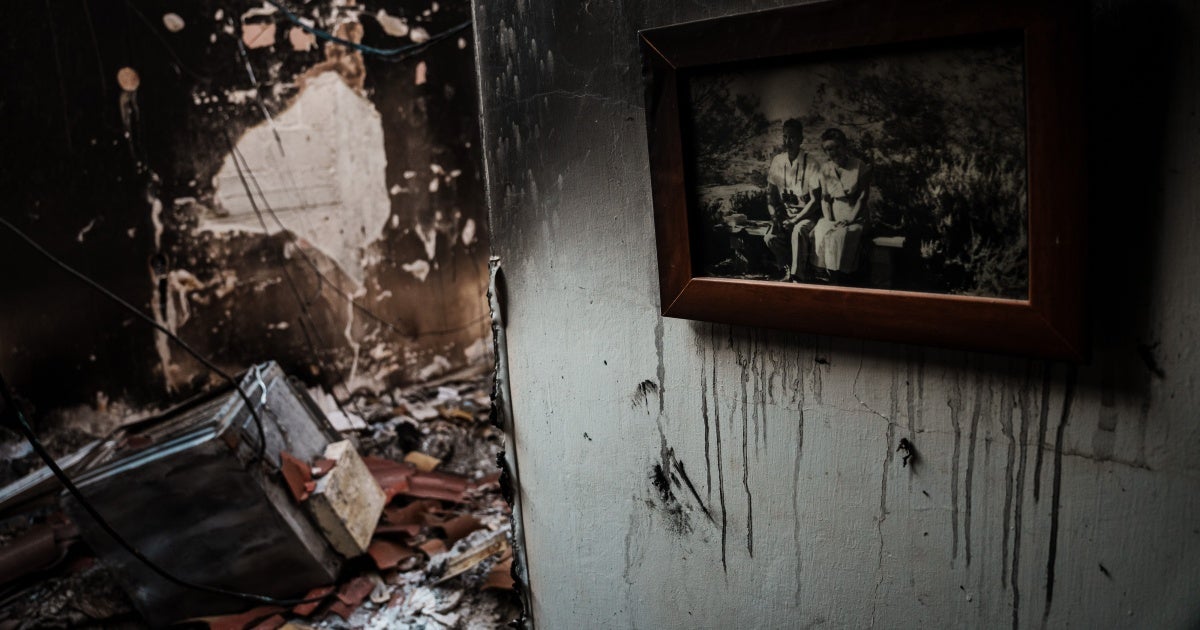
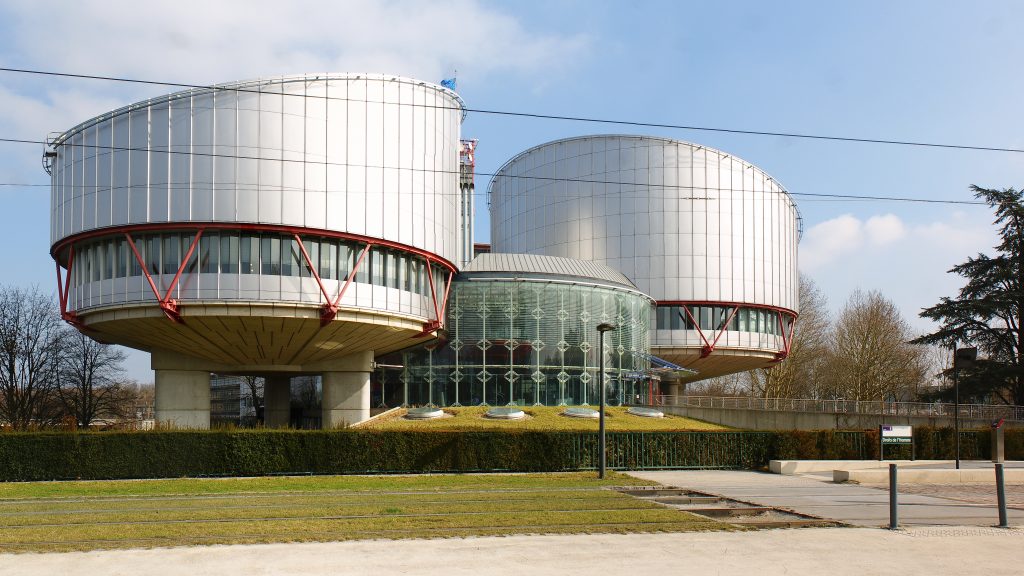


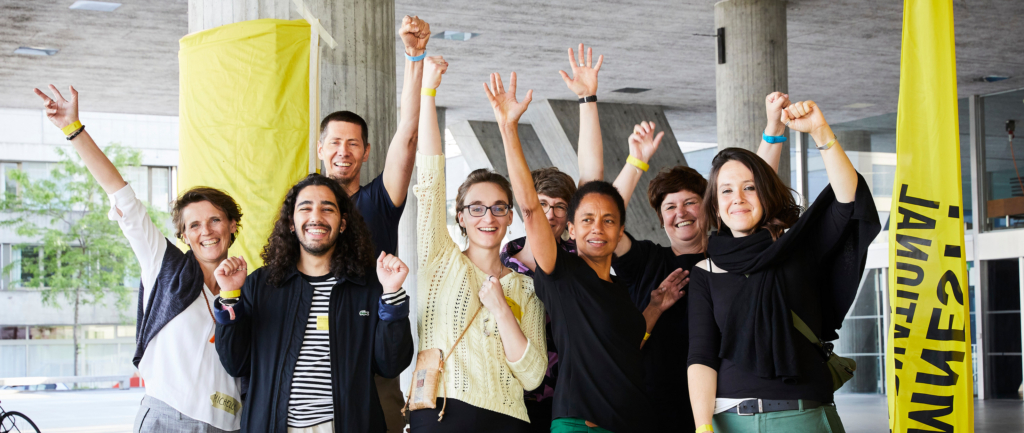



For further disambiguation: https://www.amnesty.org/en/latest/campaigns/2022/02/israels-system-of-apartheid/